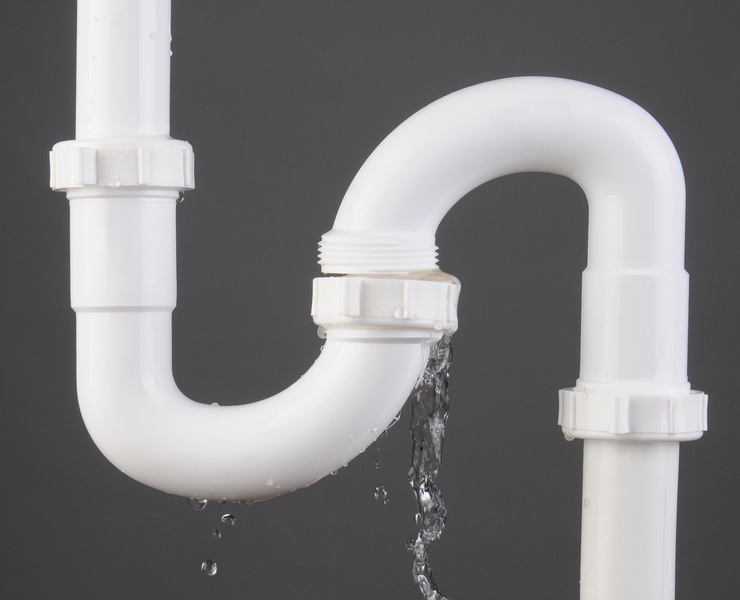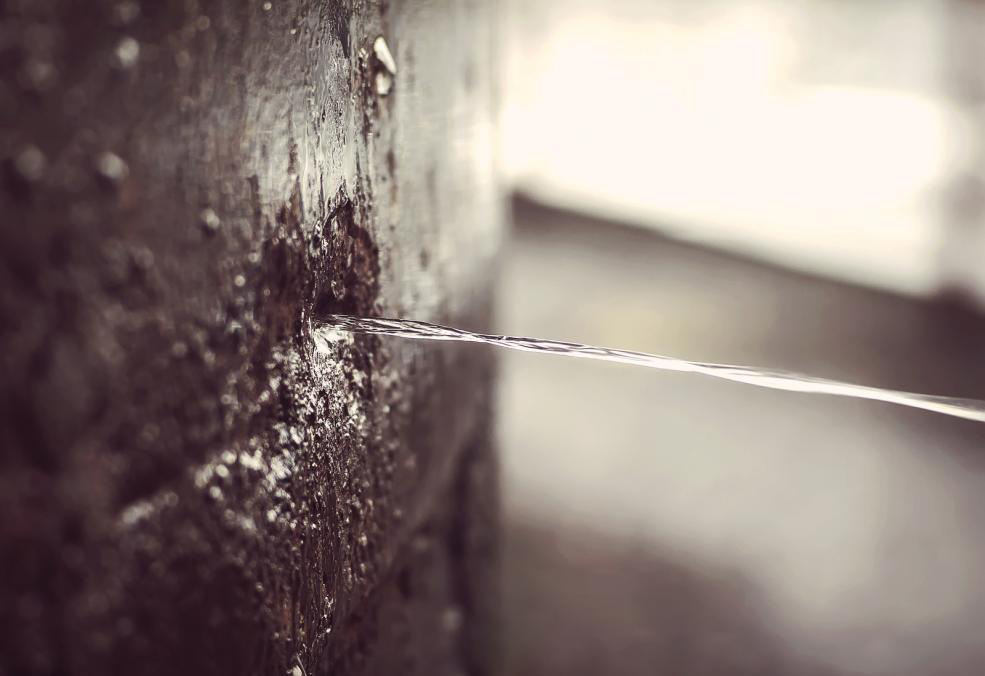Guide To Water Leak Discovery In The House
Guide To Water Leak Discovery In The House
Blog Article
We have come across this post involving Detecting hidden plumbing leaks directly below on the web and decided it made sense to relate it with you on this page.

Early detection of leaking water lines can mitigate a possible calamity. Some small water leaks might not be noticeable.
1. Analyze the Water Meter
Every house has a water meter. Examining it is a guaranteed way that aids you find leaks. For beginners, shut off all the water sources. Make certain no person will purge, utilize the faucet, shower, run the cleaning device or dishwasher. From there, most likely to the meter as well as watch if it will certainly alter. Because no person is using it, there should be no activities. If it moves, that shows a fast-moving leak. If you discover no changes, wait a hr or two as well as check back once again. This suggests you may have a slow-moving leak that can even be below ground.
2. Check Water Intake
If you spot sudden modifications, regardless of your intake being the same, it implies that you have leaks in your plumbing system. An abrupt spike in your costs indicates a fast-moving leak.
A stable boost every month, even with the exact same behaviors, shows you have a slow leak that's likewise slowly intensifying. Call a plumber to completely inspect your residential or commercial property, particularly if you feel a warm area on your floor with piping underneath.
3. Do a Food Coloring Examination
When it comes to water intake, 30% originates from commodes. Examination to see if they are running appropriately. Decrease specks of food color in the tank and wait 10 minutes. There's a leakage in between the storage tank as well as bowl if the shade in some way infiltrates your bowl during that time without flushing.
4. Asses Outside Lines
Do not forget to examine your outdoor water lines also. Ought to water permeate out of the connection, you have a loose rubber gasket. One little leak can lose lots of water and also spike your water costs.
5. Evaluate the scenario and examine
Homeowners should make it a routine to check under the sink counters as well as also inside cabinets for any type of bad odor or mold and mildew growth. These two warnings show a leak so timely focus is required. Doing routine evaluations, also bi-annually, can conserve you from a major problem.
A lot more notably, if you know your house is currently old, maintain a watchful eye on your heaters, hose pipes, pipes and so on. Check for discolorations as well as damaging as most pipes as well as home appliances have a life span. They will certainly additionally normally deteriorate due to wear and tear. Do not wait for it to rise if you presume dripping water lines in your plumbing system. Call an expert plumber today so you do not wind up with a dreadful mess in your house.
Early detection of dripping water lines can minimize a possible calamity. Some small water leaks may not be noticeable. Examining it is a guaranteed method that aids you find leaks. One little leak can throw away tons of water and spike your water expense.
If you suspect dripping water lines in your plumbing system, don't wait for it to intensify.
5 Signs that Your Home Has a Hidden Leak
Your water bill is unusually high without explanation
Generally, your water bill tends to stay consistent throughout the year as long as the same number of people live in your household year round. The bill might be higher during certain times of the year, such as summer, when your lawn may require more watering than it does in cooler months. However, if you notice a rise in your water bill that you can’t explain, it’s an indicator that there’s a hidden leak somewhere in your home.
You hear running water
One of the biggest signs that you have a water leak is the sound of rushing water when no plumbing fixtures are on and when no water-using appliances are running. If you hear running water in your walls when no water is being used anywhere in your home, locate your home’s main water shut-off valve, shut off your water supply, and contact a plumber at once.
Your home smells musty
Hidden leaks often occur in dark spaces, such as behind walls or under carpeting. Incidentally, darkness and moisture can create an ideal breeding environment for mold or mildew. If you start to smell mildew or the scent of rotting wood or stagnant water around your home, it’s a fair bet that a leak is the culprit.
You find wet spots around your home
The wet spots usually show up as moist areas in your carpeting. If your home has a basement level, puddles on the floor could indicate a slab leak. Outside, unexplainable puddles or lush, green patches in your yard often mean that there’s a leak in your sewer line or main water line.
You have stains, bubbles, or condensation on your walls/ceiling
Stains or condensation on your walls or ceiling are both major signs of a hidden leak. Also, drywall (AKA. sheetrock) is very absorbent, and as it takes on more water from a leak behind a wall, it will start to bubble, swell, or warp. If you see this happening in your home, don’t wait to contact a plumber before the water damage spreads.
https://www.ezflowplumbingaz.com/blog/2019/june/5-signs-that-your-home-has-a-hidden-leak/

As a keen person who reads about Leaking water lines, I imagined sharing that section was valuable. Enjoyed our article? Please share it. Let others locate it. I thank you for reading our article about Top leak detection hacks.
Report this page